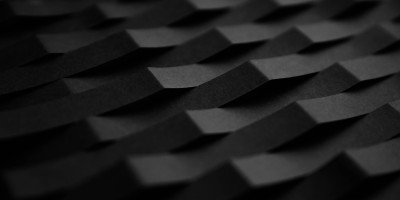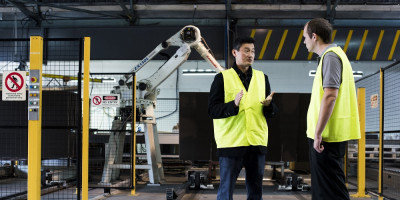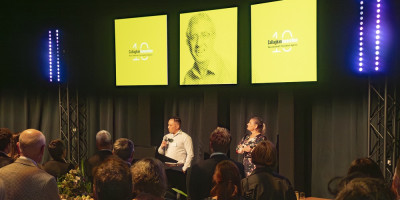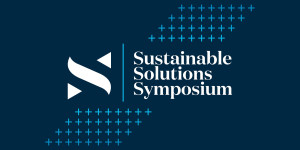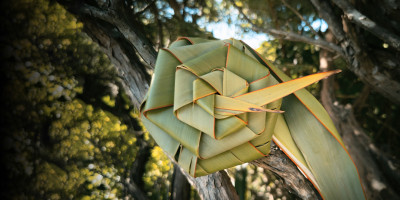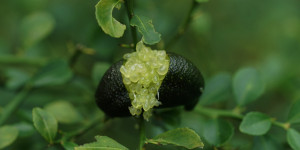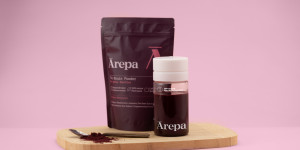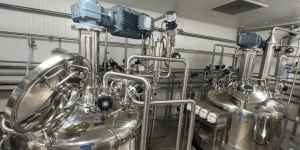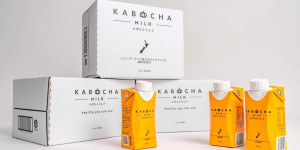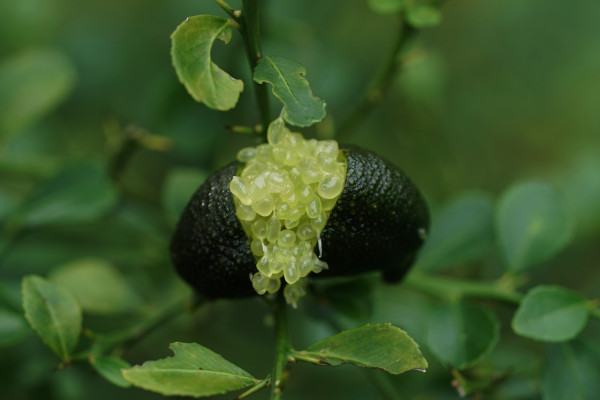It’s a win-win solution, with egg producer Frenz developing a way to create dry feed for its hens from mussel byproduct. It adds essential nutrients to their diet, and eliminates waste products too.
At a glance
- After discovering hens love mussel by-product, the egg producers set about developing a way to turn the waste into feed.
- A near 10-year project later, and with technical and grant support from Callghan Innovation, Frenz has figured out how to get a regular supply of the waste, dry it affordably, and dispense it to the chickens.
- Frenz is now drying a tonne of Coromandel mussel by-product a day and testing its eggs to prove the nutritional advantage. It hopes others will follow suit, helping to reduce further waste throughout the country.
We couldn’t have done this without numerous partnerships, and they [Callaghan Innovation] were always in the background offering us good, sound scientific knowledge and expertise.
- Rob Darby, Founder, Frenz
Healthier hens, healthier eggs
‘Healthier hens, healthier eggs.’ That’s the principle Frenz Eggs has been operating on since the early 1980s.
So, as founder Rob Darby was giving his leftover mussel burley from his fishing trips to his hens, he had a lightbulb moment that built on that principle.
“We thought, ‘what if we can find a way to dry the mussel waste and put it into the hens’ feed?’,” Darby says.
“The environment wins because we're not putting waste back into the ocean or dumping it into a landfill. We’re giving it to the hens, converting it into a great source of energy and nutrition that goes into our eggs. We send the eggs overseas and bring back export dollars. It’s a win-win for everybody, and especially for our precious environment.”
Creating a triple-win solution
Finding this triple-win solution wasn’t simple. It took a near decade-long project to figure out a financially viable way to do it without creating any waste. The biggest challenge being getting everyone on board, says Darby.
First up, Frenz needed to partner with mussel farmers and establish a regular supply of the waste, as well as get the local authorities on side. From there, they had to develop a way of drying the product, and determine how best to deliver it to the chickens and in what quantities.
To accomplish this, the business enlisted help from Callaghan Innovation, both in terms of grant funding and technical expertise from our Research and Development Solutions team.
Callaghan Innovation has been a great help, Darby says. “We couldn’t have done this without numerous partnerships, and they were always in the background offering us good, sound scientific knowledge and expertise.
Mark Eltom, Customer Manager Food and Beverage for Callaghan Innovation, backed the idea, saying, “Diverting waste from the landfill is a clear win for Frenz and a win for New Zealand”.
“We’re proud to have played our part in helping Frenz by providing advice, guidance and access to co-funding to help push the project ahead.”
Paving the way for others
The hard work has paid off for Frenz, which has now developed a drying system and is processing around a tonne of Coromandel mussel by-product a day. That tonne of waste equates to about 300 kgs of dry feed, with the feed containing natural sea salt, calcium for the eggshells, and an array of nutrients from the mussels which are protected because of the special drying technique.
From here, the business is wanting to comprehensively test the eggs to prove the recognised nutritional benefits of the new feed, ultimately creating a marketing advantage for Frenz.
“Our eggs already have up to three times the amount of Omega 3 as other eggs, and are higher in protein and have less saturated fat, because of their unlimited access to green pasture, and we’re confident we’re going to find other benefits from the mussel feed,” Darby says.
“We’re in the early stages of testing - we know feeding the mussel waste to our hens is adding to the nutritional benefits of our eggs, it’s now just a matter of doing the trials for long enough,” Darby says.
Darby also hopes this development will pave the way for others, saying “We can’t dry all the waste in New Zealand, but we hope others will catch on and realise this amazing by-product can be converted into a superfood for animals.”
